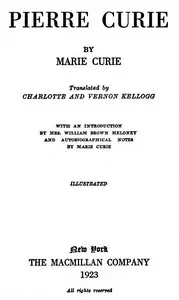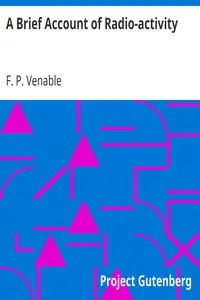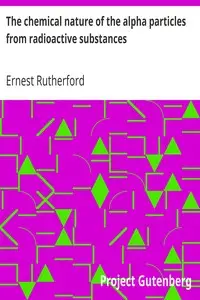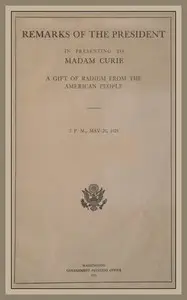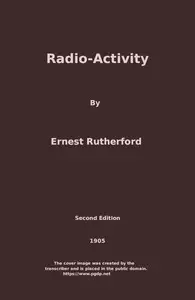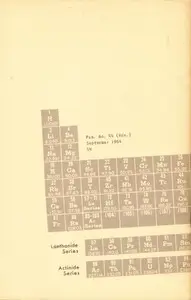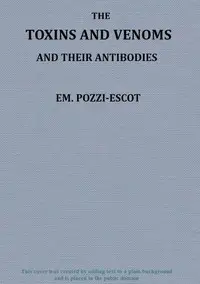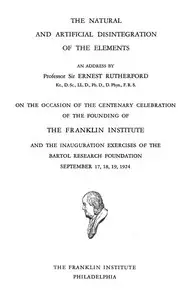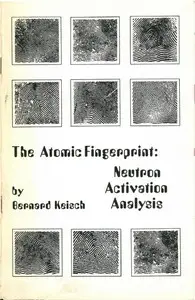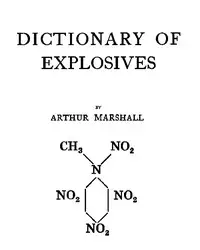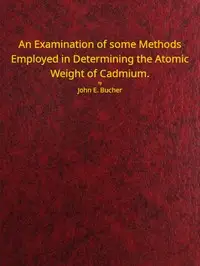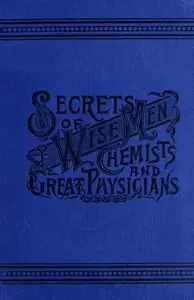** "The Discovery of Radium" by Marie Curie is a scientific narrative that recounts the extraordinary journey of Marie and Pierre Curie as they unearthed the secrets of radioactivity in the early 1900s. The book illuminates the arduous path they traveled, beginning with the study of uranium rays and the challenges they surmounted while working in basic laboratory conditions with minimal funding and resources. Despite these limitations, Curie meticulously performed chemical separations mixed with electrical measurements, gradually unveiling the existence and unique properties of radium, a groundbreaking find with implications in medicine, especially cancer treatment. Curie highlights the significance of fundamental scientific research and advocates for advancing the understanding of radioactivity, her passion shines through. **
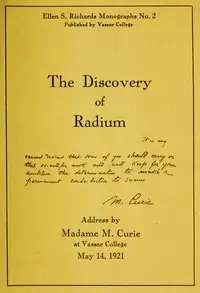
The Discovery of Radium Address by Madame M. Curie at Vassar College
By Marie Curie
** In the early 1900's, discover how perseverance and scientific curiosity led one woman to isolate a radiant element that would change the landscape of medicine and physics forever.
Summary
About the AuthorMaria Salomea Skłodowska-Curie, known simply as Marie Curie, was a Polish and naturalised-French physicist and chemist who conducted pioneering research on radioactivity. She was the first woman to win a Nobel Prize, the first person to win a Nobel Prize twice, and the only person to win a Nobel Prize in two scientific fields. Her husband, Pierre Curie, was a co-winner of her first Nobel Prize, making them the first married couple to win the Nobel Prize and launching the Curie family legacy of five Nobel Prizes. She was, in 1906, the first woman to become a professor at the University of Paris.
Maria Salomea Skłodowska-Curie, known simply as Marie Curie, was a Polish and naturalised-French physicist and chemist who conducted pioneering research on radioactivity. She was the first woman to win a Nobel Prize, the first person to win a Nobel Prize twice, and the only person to win a Nobel Prize in two scientific fields. Her husband, Pierre Curie, was a co-winner of her first Nobel Prize, making them the first married couple to win the Nobel Prize and launching the Curie family legacy of five Nobel Prizes. She was, in 1906, the first woman to become a professor at the University of Paris.

